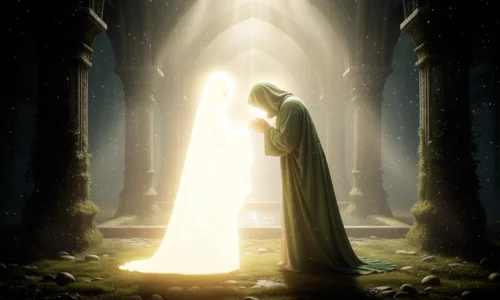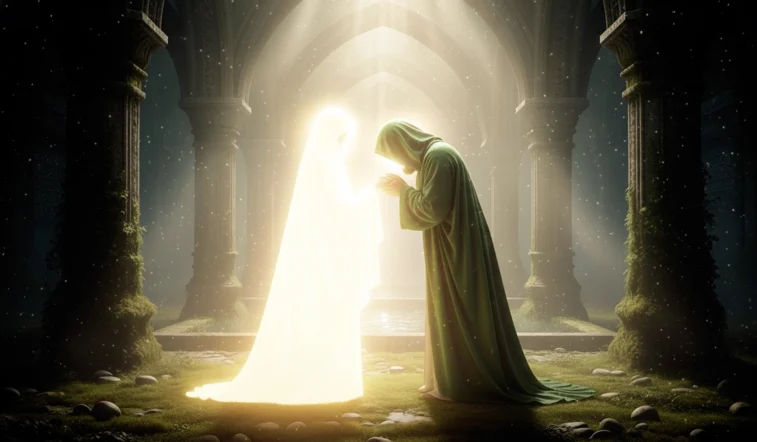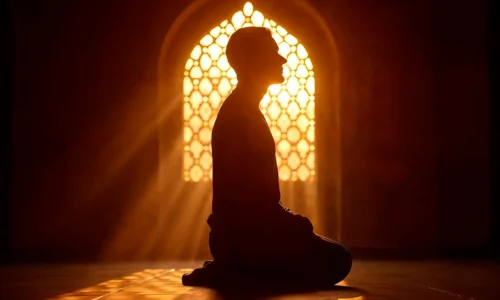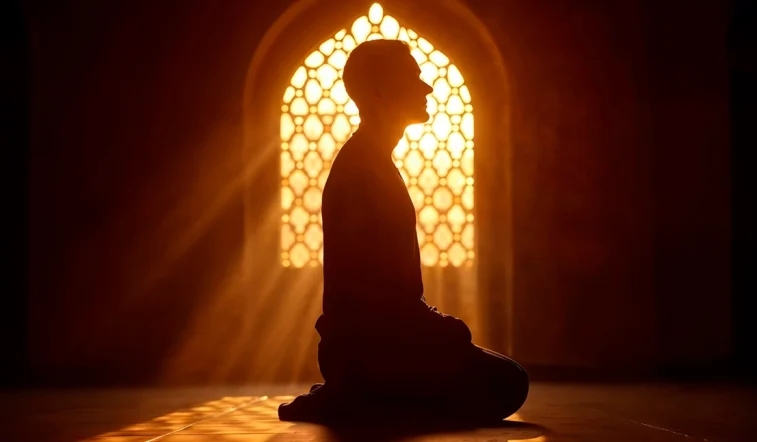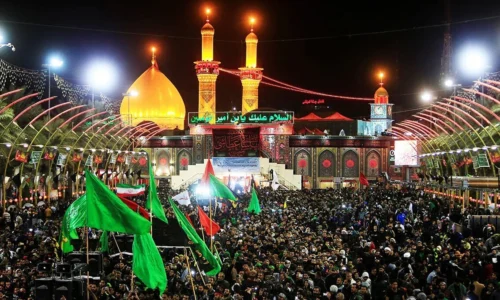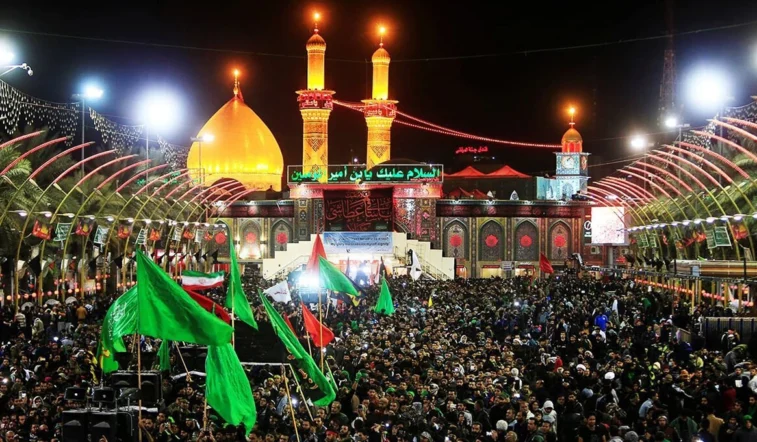As the world grows increasingly chaotic—marked by moral confusion, social injustice, spiritual decay, and global conflict—the idea of a divinely guided redeemer has become not just a theological hope but a deep emotional and spiritual need. In Islamic tradition, this redeemer is Imam al-Mahdi (Peace be upon him), the 12th Imam, the final divinely appointed guide from the family of Prophet Muhammad (ﷺ), whose return will inaugurate a global era of justice, peace, and divine truth.
For believers across generations, the promise of the Mahdi is more than a prophecy—it is a call to action, a test of loyalty, and a measure of spiritual alignment. As signs intensify and hearts awaken, a vital question arises:
Where do we stand in relation to this divine promise?
Are we ready to align ourselves with the Mahdi’s mission, or will we be among those who miss the moment of truth?

The Promise of Imam Mahdi (Peace be upon him): A Time of Divine Justice
The return of Imam Mahdi (Peace be upon him) is not a fringe belief—it is central to Shi’a Islam and deeply respected across Sunni thought, with many narrations found in both traditions. The Prophet Muhammad (ﷺ) stated:
“Even if only a day remained in the life of the world, Allah would extend that day until a man from my family—whose name is my name—will appear and fill the Earth with justice and fairness as it had been filled with oppression and injustice.”
~Sunan Abi Dawud, Musnad Ahmad
This figure is the 12th Imam, Muhammad ibn al-Hasan al-Mahdi, born in 255 AH (869 CE), who went into occultation by divine command. His reappearance is promised at a time when the world is plagued by tyranny and spiritual blindness. And that time, many believe, is closer than ever.
The Signs Are All Around Us
The hadith literature outlines many signs of the End Times and the Mahdi’s return:
- Widespread corruption and injustice
- Religious distortion and confusion
- Natural disasters and societal breakdown
- Rise of tyrants and false leaders
- Global cries for salvation and truth
These are not just prophecies—they are realities of our time. The closer we come to the reappearance, the greater the test: will we recognize the Imam, or will we be deceived by worldly distractions and misguidance?
Aligning with the Mahdi’s Mission: What Does It Mean?
Waiting for Imam Mahdi (Peace be upon him) is not passive—it is an active spiritual state, a lived readiness, and a process of inner transformation.
1. Spiritual Awakening
To align with the Mahdi’s promise, we must begin by purifying our hearts. His mission is one of divine justice, and injustice begins in the soul: arrogance, envy, hypocrisy, and heedlessness.
“Be among the people of awareness, for the one who is heedless of their Imam is like one without a guide in the desert.”
2. Commitment to Truth
The Mahdi will not cater to public opinion or political trends—his call is rooted in absolute truth. We must train ourselves to love truth, even when it is uncomfortable or unpopular. The Qur’an warns of people who “sold the truth for a small price.” Will we be among them?
3. Upholding Justice
Every act of justice in our homes, communities, and workplaces brings us closer to the Mahdi. He will not build justice alone—his helpers will be those who already live by it.
4. Loyalty to the Ahl al-Bayt (Peace be upon him)
The Mahdi is the last proof of God from the lineage of Imam Ali (علیه السلام) and Lady Fatima (سلاماللهعلیها). Aligning with him means aligning with the path of the Twelve Imams, learning their teachings, and honoring their sacrifices.
Who Are the True Awaiters?
Imam Ja’far al-Sadiq (Peace be upon him), the 6th Imam, said:
“The one who truly awaits our matter is like a warrior who dies in the way of Allah… Nay, he is like one who is martyred under the banner of the Mahdi.”
Awaiting is not mere belief—it is lifelong preparation. The 12th Imam will not accept those who betrayed truth, oppressed others, or remained silent in the face of evil. The true awaiter is a person of:
- Taqwa (God-consciousness)
- Akhlaq (noble character)
- Adl (justice and fairness)
- Ikhlas (sincerity in devotion)
The Danger of Misalignment
The Mahdi’s promise will test the hearts. Many who claimed to wait for him will deny him when he comes—either because he challenges their comfort, exposes their hypocrisy, or doesn’t match their expectations. As the Qur’an says:
“When the truth comes to them, they say, ‘This is not what we expected.’”
~Surah Al-Ahzab, 33:62
We must reflect: Will we accept him when he does not fit the mold we’ve created? Or will we fall into the trap of the people of past nations, who rejected their saviors when they finally came?
Conclusion: Answering the Call Before the Call
The Mahdi’s promise is not distant—it is alive in the hearts of the sincere and echoed in the cries of the oppressed. Aligning with this promise means preparing ourselves mentally, morally, and spiritually for the divine revolution he will lead.
“Indeed, the Mahdi is among us. He hears our prayers, sees our tears, and awaits our loyalty.” Let us not just await him with words. Let us become the kind of people he would recognize as his companions.
